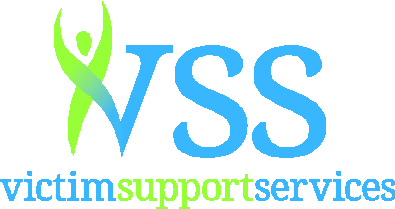Harassment
A person is guilty of harassment if:
-
(a) Without lawful authority, the person knowingly threatens:
(i) To cause bodily injury immediately or in the future to the person threatened or to any other person; or
(ii) To cause physical damage to the property of a person other than the actor; or
(iii) To subject the person threatened or any other person to physical confinement or restraint; or
(iv) Maliciously to do any other act which is intended to substantially harm the person threatened or another with respect to his or her physical or mental health or safety; and
(b) The person by words or conduct places the person threatened in reasonable fear that the threat will be carried out. “Words or conduct” includes, in addition to any other form of communication or conduct, the sending of an electronic communication.
(2)(a) Except as provided in (b) of this subsection, a person who harasses another is guilty of a gross misdemeanor.
(b) A person who harasses another is guilty of a class C felony if any of the following apply: (i) The person has previously been convicted in this or any other state of any crime of harassment, as defined in RCW 9A.46.060, of the same victim or members of the victim’s family or household or any person specifically named in a no-contact or no-harassment order; (ii) the person harasses another person under subsection (1)(a)(i) of this section by threatening to kill the person threatened or any other person; (iii) the person harasses a criminal justice participant who is performing his or her official duties at the time the threat is made; or (iv) the person harasses a criminal justice participant because of an action taken or decision made by the criminal justice participant during the performance of his or her official duties. For the purposes of (b)(iii) and (iv) of this subsection, the fear from the threat must be a fear that a reasonable criminal justice participant would have under all the circumstances. Threatening words do not constitute harassment if it is apparent to the criminal justice participant that the person does not have the present and future ability to carry out the threat.
(3) Any criminal justice participant who is a target for threats or harassment prohibited under subsection (2)(b)(iii) or (iv) of this section, and any family members residing with him or her, shall be eligible for the address confidentiality program created under RCW 40.24.030.
(4) For purposes of this section, a criminal justice participant includes any (a) federal, state, or local law enforcement agency employee; (b) federal, state, or local prosecuting attorney or deputy prosecuting attorney; (c) staff member of any adult corrections institution or local adult detention facility; (d) staff member of any juvenile corrections institution or local juvenile detention facility; (e) community corrections officer, probation, or parole officer; (f) member of the indeterminate sentence review board; (g) advocate from a crime victim/witness program; or (h) defense attorney.
(5) The penalties provided in this section for harassment do not preclude the victim from seeking any other remedy otherwise available under law.
